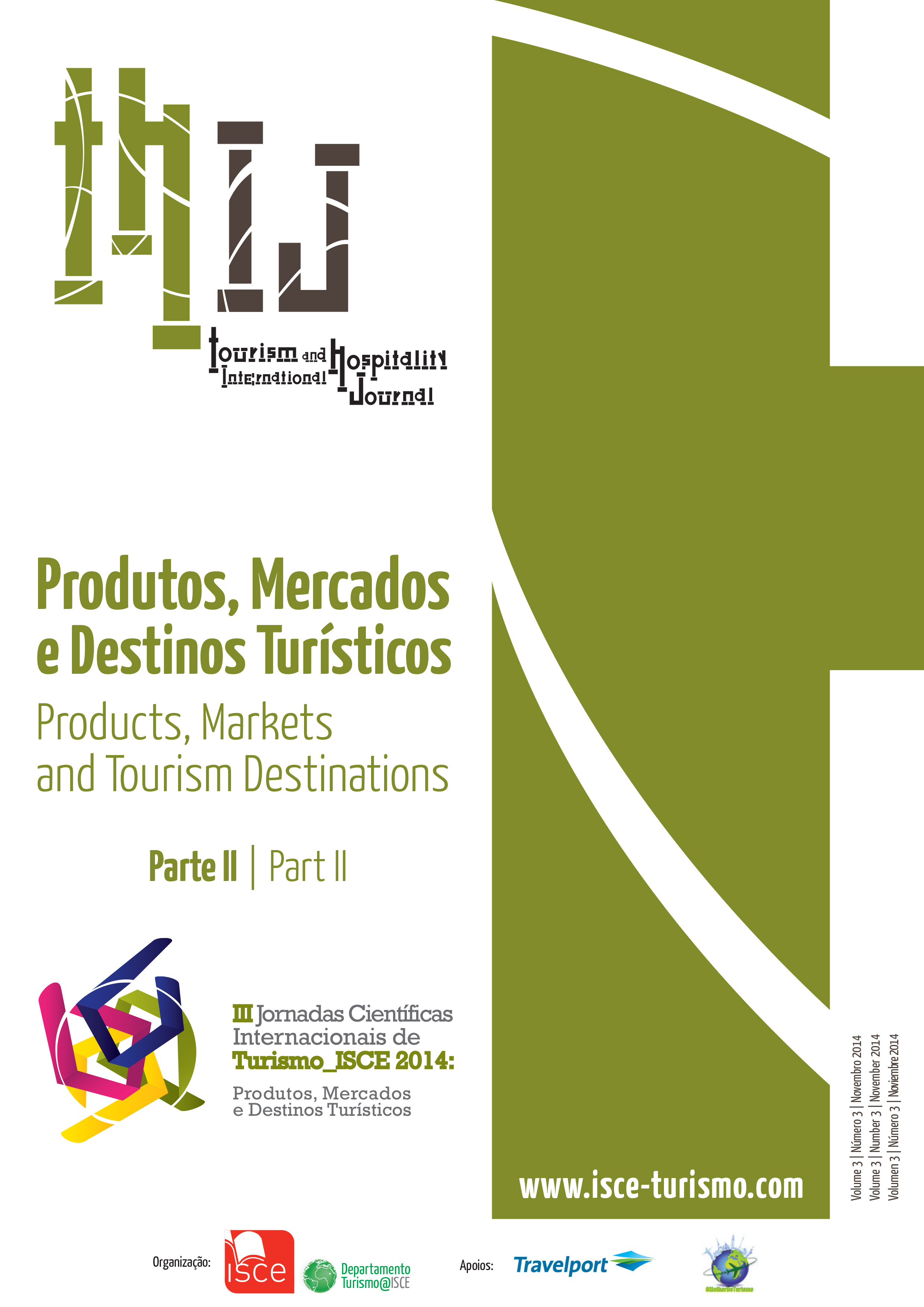Huellas del viaje: la institucionalización del turismo en la primera mitad del siglo XX
DOI:
https://doi.org/10.57883/thij3(2)2014.30147Palabras clave:
Turismo, Viajes, Arte, Estado Novo, Siglo XXResumen
La historia de los viajes en Portugal no comienza con la institucionalización del turismo, pero este aspecto constituye uno de sus rasgos más singulares. El progresivo auge de una política de promoción del país como destino turístico se inscribió en la creación de las primeras instituciones de la cultura y la sociedad portuguesas. La Sociedade de Propaganda de Portugal (1906), luego la Repartição de Turismo y su Consejo de Turismo (1911), la Sociedade de Propaganda Nacional (1939) y finalmente el Secretariado Nacional Informação (1944) fueron las instituciones que velaron por el turismo durante la primera mitad del siglo XX. Al mismo tiempo, la publicación de revistas especializadas y la participación en exposiciones internacionales no sólo promocionaron Portugal en la geografía euroamericana, sino que diseñaron la nueva postal de la nación que "daba mundos al mundo".
Citas
Ferro, A. (1933). Entrevistas a Salazar. Lisboa: Livraria Editora Lda.
Ramalho, M. (2012). Lisboa uma cidade em tempo de guerra. Lisboa: Imprensa Nacional-Casa da Moeda.
Trabulo, A. (2008). O Diário de Salazar. Lisboa: Parceria.
Descargas
Publicado
Cómo citar
Número
Sección
Licencia
Derechos de autor 2023 This work is licensed under a Creative Commons - Attribution 4.0 International (CC BY 4.0)

Esta obra está bajo una licencia internacional Creative Commons Atribución 4.0.
Este trabalho encontra-se publicado com a Licença Internacional Creative Commons Atribuição 4.0.






